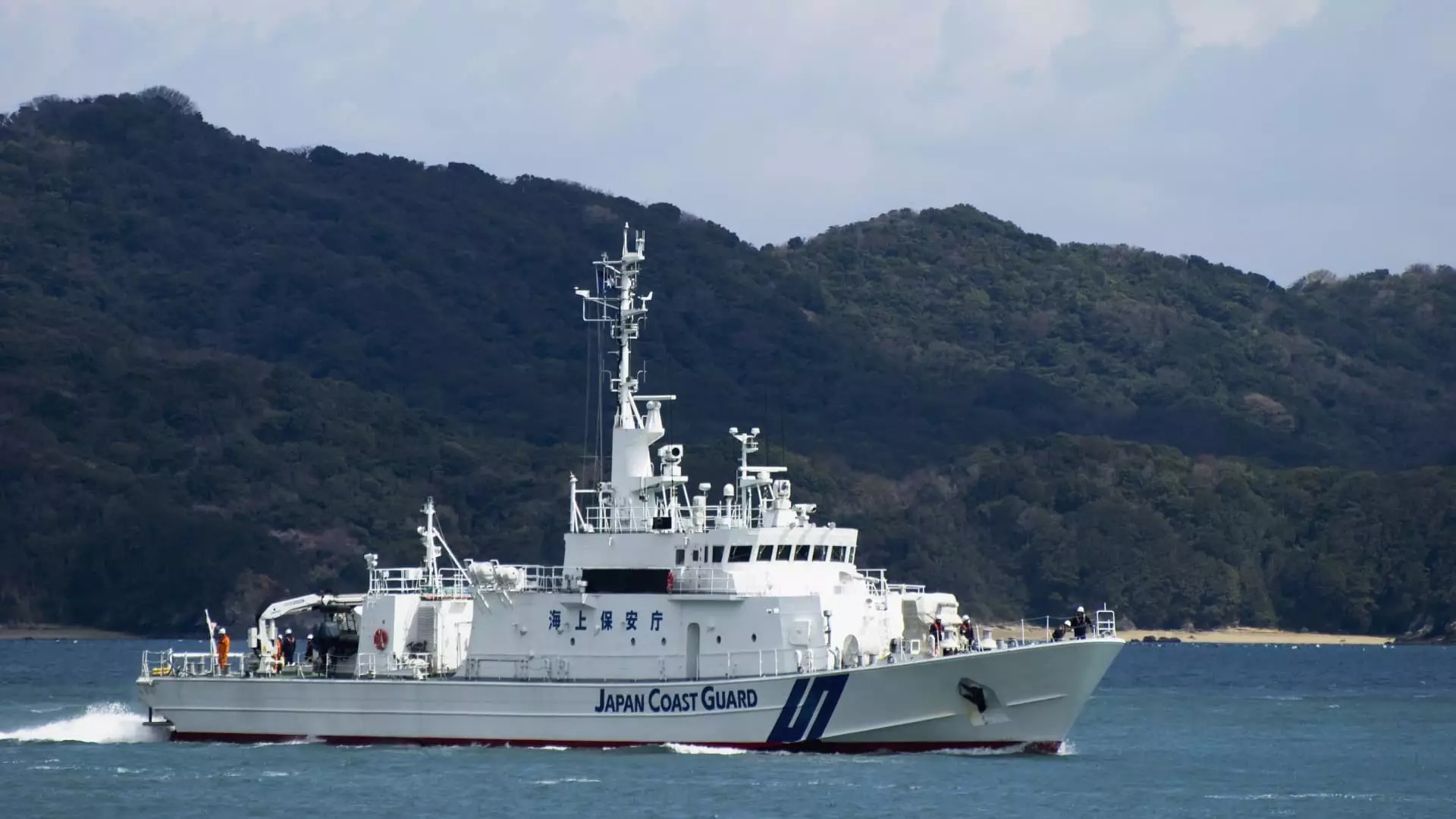In recent months, the relationship between Japan and China has entered a precarious phase, characterized by a series of maritime incursions by the Chinese military into Japanese territorial waters. Such actions have raised alarms within Japan, leading to a robust diplomatic response and heightened military readiness. The latest incident occurred on a Saturday morning when a Chinese naval survey vessel was detected off the coast of Kagoshima Prefecture, igniting fresh protests from Tokyo. These developments signal a disturbing trend in the region, compelling Japan to reevaluate its defense strategy amidst escalating Chinese military assertiveness.
The ongoing tensions between Japan and China are rooted in broader geopolitical dynamics that have seen China assert its territorial claims with increased vigor. The East China Sea and surrounding areas have become flashpoints for conflicting claims, with Japan laying claim to the Senkaku Islands, which China refers to as the Diaoyu Islands. Japan’s concerns go beyond immediate territorial sovereignty; they tap into a fear of diminishing regional stability as a result of China’s growing military capabilities and ambition. The Japanese government has aired these apprehensions publicly, outlining a proactive approach to strengthen its defense posture.
Following the recent incursion, Japan’s foreign ministry expressed strong concern over the Chinese vessel’s entry into its waters. Officials promptly lodged a protest with Chinese diplomats, emphasizing the seriousness with which Japan views such violations. This marked the second incursion in a week, following a previous airspace breach by a Chinese military aircraft. Japan’s foreign ministry described Monday’s airspace violation as “utterly unacceptable,” signaling a clear message to Beijing regarding the limits of its maritime assertions.
In light of the continuous provocations, Tokyo has embarked on a comprehensive defense buildup. This initiative aims not only to deter Beijing’s military actions but also to enhance Japan’s own capabilities for securing its maritime interests. Recent years have witnessed Japan enhancing its naval capabilities, including investments in advanced technologies and the development of a more potent defense force. This proactive stance is indicative of Japan’s recognition of the need to safeguard its national security in an increasingly volatile environment.
The Saturday incident was not an isolated case; rather, it was the tenth instance of a Chinese naval survey ship navigating through Japanese territorial waters within the last year. This frequency highlights a worrying pattern of aggressive posturing from the Chinese military, which has also included numerous submarine and intelligence-gathering activities in the vicinity. These incursions challenge Japan’s patrol capabilities and signify a tactical approach by China that aims to exert influence over disputed maritime territories.
As Japan faces the specter of increasing Chinese military activity, the necessity for a multifaceted strategy becomes evident. The combination of diplomatic effort and military readiness will likely characterize Japan’s approach as it seeks to navigate the tightrope of regional security. The international community is also watching closely, as any miscalculation in the East Asian theater could lead to broader ramifications. Moving forward, Japan’s ability to balance its defense capabilities while maintaining diplomatic channels with China may dictate the course of its maritime security and overall national stability.


Leave a Reply